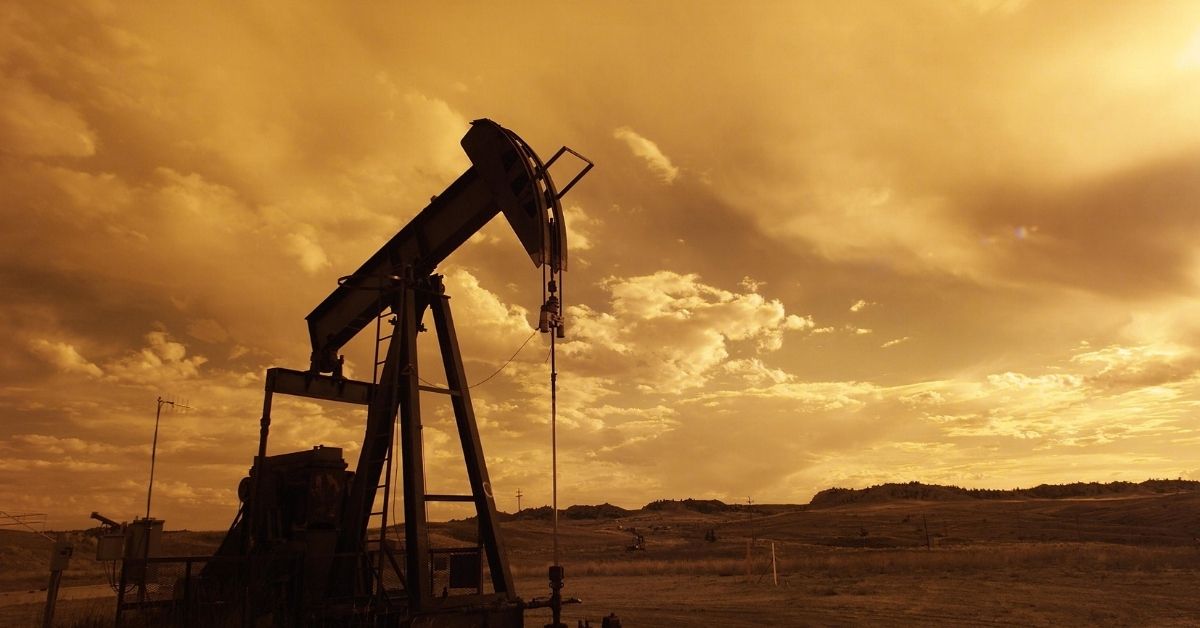A Beginners Guide to Petroleum Engineering
Petroleum engineering is a discipline of engineering mainly concerned with the technical activities involved in the development of Bio-energy, that is either natural gas or crude oil. Production and exploration are considered to fall in the upstream sector of this energy industry. Oil and gas have been the source of economic power for many years now.
The demand for petroleum products has grown manifold, and the supplies are also on the increasing trend. With increasing competition among oil companies for the control of oil and gas reserves, the role of petroleum engineers is also becoming prominent. It is estimated that there is about 4% of the world’s crude oil reserves are currently being used by industry for lubrication, diesel, steam turbines, etc.
The gas and oil market is highly dynamic. Technological advances and new discoveries create numerous options for exploiting the oil and gas supplies. The scope for finding and developing new sources of oil and gas is huge. Besides this, petroleum products play a major role in various sectors of industries and businesses.
In the recent past petroleum engineering has emerged as one of the major players in the global arena. Many colleges and universities offer a good understanding of petroleum engineering. There are many petroleum engineering colleges that offer diplomas in petroleum engineering.
The demand for petroleum engineering graduates is ever-increasing. The oil and gas market is expanding day by day. Petroleum engineers are considered to be very competent and are in high demand. They have to be experts in the designing, development, and management of petroleum resources. They have to be efficient, creative, and have an eye for marketing.
In the United States, there are many companies that are engaged in exploring for and producing petroleum products. These companies have to be highly proficient so as to explore and produce petroleum products at the maximum profit. The profit margin is dependent upon the cost of raw materials, and the price of gas or crude oil. Companies that provide petroleum services have a fixed cost that they cannot exceed. A successful company is one that can meet the clients’ demands without having to compromise on the quality of service.
There are also companies that specialize in providing marine and oil drilling services. They have to be aware of the present and potential geological information of oil and gas deposits. Petroleum engineers are responsible for analyzing and evaluating all this data. They help in exploring ways of extracting oil and gas from beneath the ground.
In the United States, there are many petroleum engineering colleges that offer training in all these fields. Students studying petroleum engineering earn a full degree. They go on to get jobs as engineers in oil refineries, chemical plants, power generation, and exploration companies. They even work as consultants for these companies. They improve the efficiency of these businesses.
Petroleum engineering offers many job opportunities for skilled persons. A technologist can find work in refining plants that process petroleum products to gasoline and diesel. There are also jobs available as station engineers that inspect and troubleshoot machineries like pumps and compressor stations. There are also posts as technologists for exploration companies that look for people to operate drilling rigs. They take natural gases or liquids from under the ground and extract them for use in different fields.
Oil and gas drilling is one of the most important activities of petroleum engineering. It involves technically skilled workers who use equipment like hydraulic drills. Geologists are involved in the study and exploration of the earth for petroleum. They use computer modeling and GPS devices to map the areas of deposits.
Geology is another field where these experts work. Geologists examine samples of rocks and soil to determine the location and density of oil deposits. They map the underground pipes that transport these oils and gases. They examine the reservoir below the earth’s surface for signs of possible oil production. They also map ice cores for clues about climate conditions in the region.
Petroleum engineering requires scientific knowledge and certain skills. It requires a thorough understanding of geology, physical sciences, and engineering. Graduates with oil and gas engineering degrees earn high salaries. They also have a variety of job opportunities waiting for them. They can work in various firms specializing in petroleum engineering or independently as an entrepreneur.




